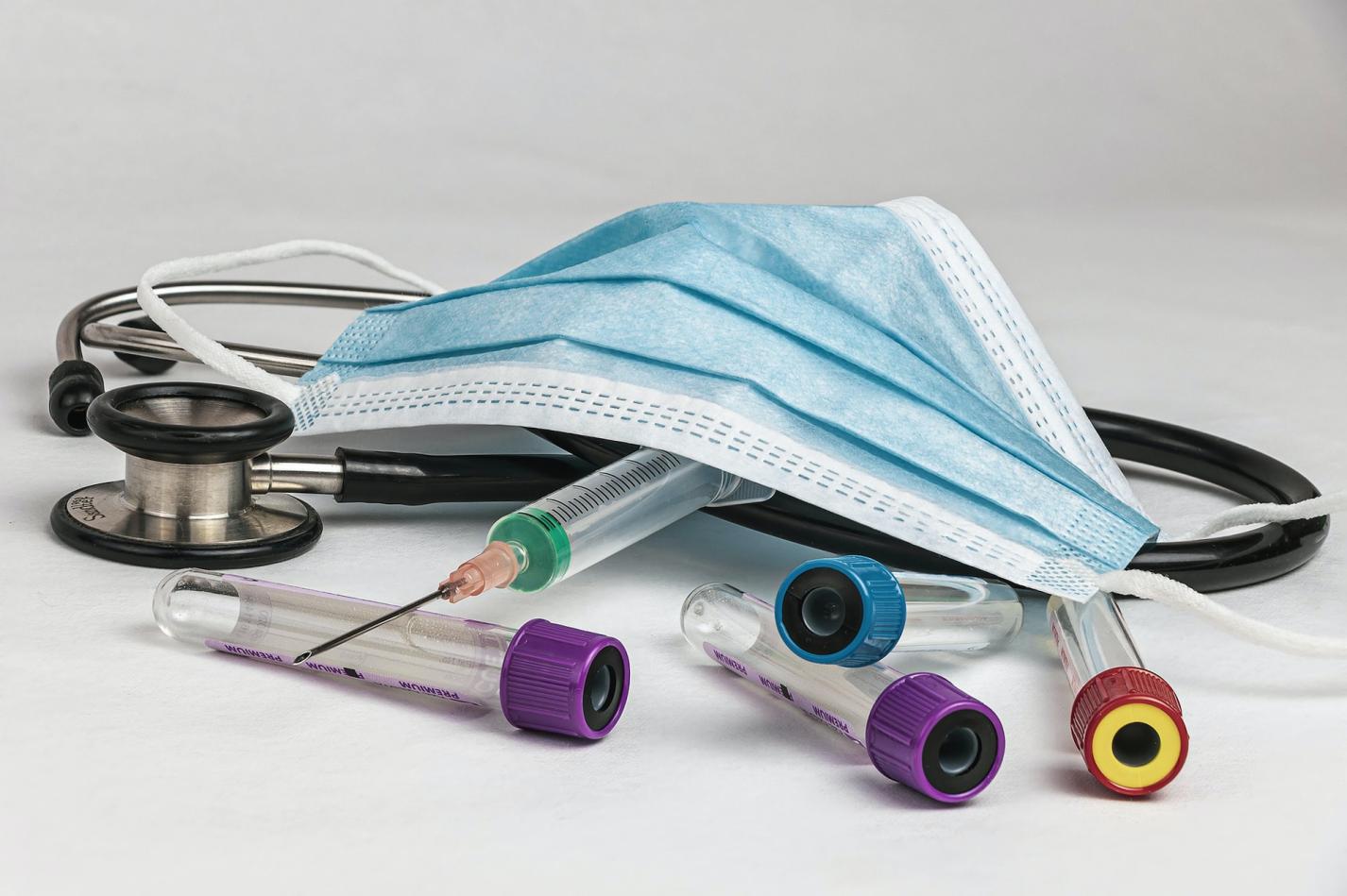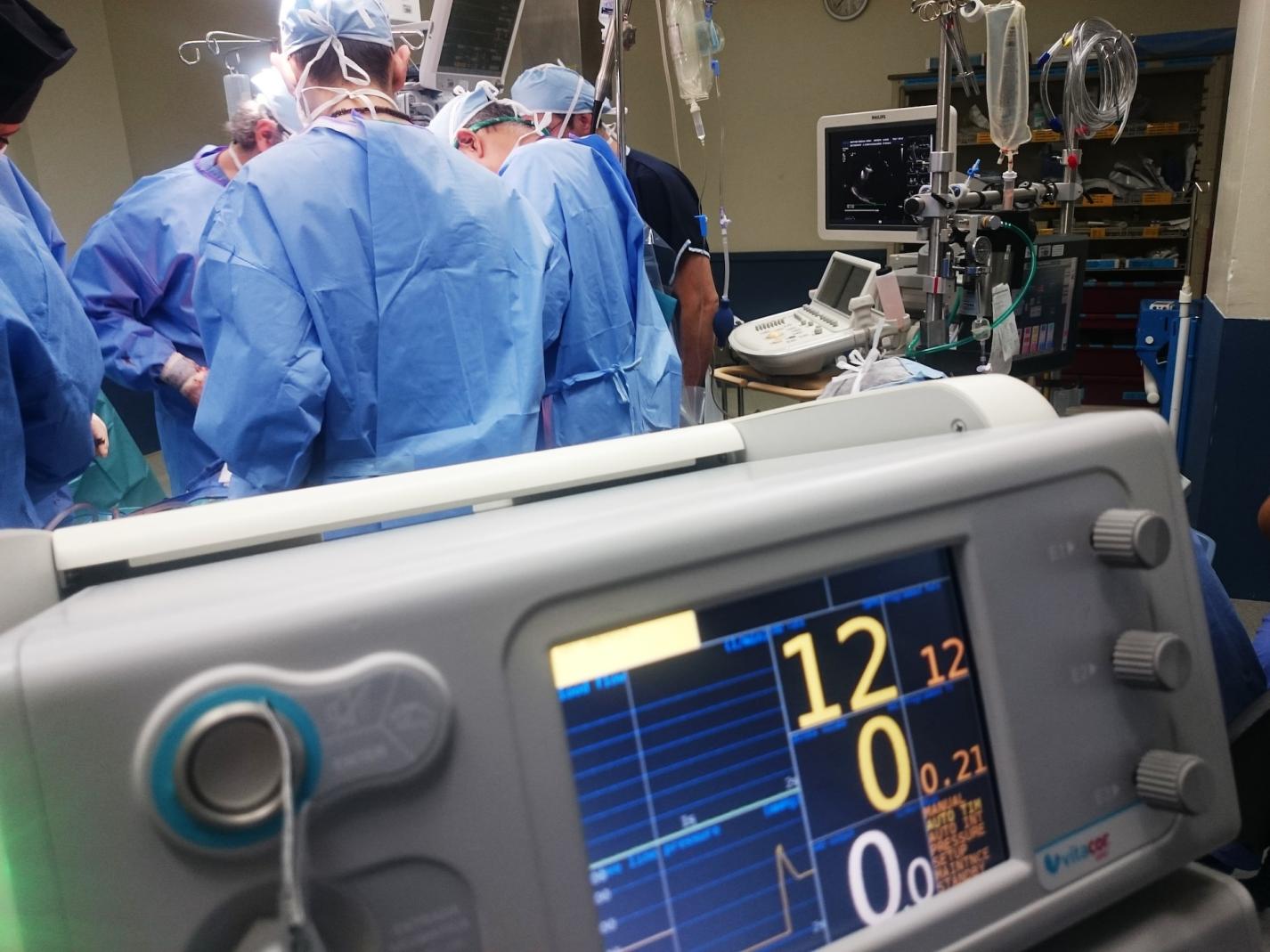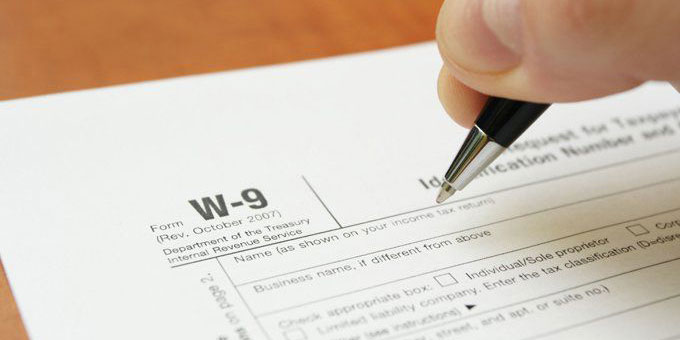
Personal Injury Protection (PIP) is an automotive insurance policy that pays for the medical expenses incurred due to a car accident. It is also known as no-fault auto insurance. Even if some injured passengers and policyholders lack health insurance, PIP will pay for their medical costs.
Health insurance may occasionally cover additional costs if the expense of essential medical care is greater than the PIP limits of the auto insurance policy. Insurance policies usually incorporate a per-person maximum, which means that if numerous individuals are hurt in an accident, coverage is restricted to a specific amount per individual.
How Does Personal Injury Protection (PIP) Work?
Personal Injury Protection (PIP) insurance is primarily available in no-fault jurisdictions. However, state-by-state car insurance features and requirements vary. If a PIP policyholder is hurt in an auto accident in a no-fault region, their policy will cover their medical expenses, irrespective of who caused the collision. PIP insurance allows policyholders to claim benefits regardless of whether the other driver is uninsured.
PIP covers medical costs for passengers in the policyholder's car regardless of who caused the collision.
PIP insurance frequently pays for lost wages, child care, and burial costs associated with the accident, making healthcare more affordable. Medical payments insurance is provided in some no-fault jurisdictions, although it sometimes has minimal limits and doesn't cover these additional expenses. Several jurisdictions either mandate PIP or offer it as an extra insurance option.
12 U.S. states and Puerto Rico require PIP coverage for vehicles. State governments determine minimum coverage criteria, which can differ. Although maximums are determined by insurance providers and might change, they are often limited to $20,000 or less.
How Much Does PIP Insurance Cost?
PIP is a reasonably affordable kind of auto insurance when compared to the advantages it can offer drivers following an accident. Prepare to pay monthly from $5 to $50 for the insurance limits provided by PIP coverage.
The cost of no-fault auto insurance is often higher than at-fault auto insurance in states with such legislation. Furthermore, although no-fault auto insurance states' premiums for PIP coverage are sometimes higher, only sometimes.
The costs of the healthcare services that PIP covers in the case of a major auto accident are frequently much more than the sum paid for the policy up to that point.

The PIP insurance limits will allow you to afford the medical care that liability insurance may not cover. Many states mandate PIP insurance because the policy's limitations will enable you to pay for medical care that liability insurance might not pay.
You should forego insurance if you reside in an at-fault insurance state and have the financial means to pay for medical bills without filing a PIP claim. All eligible drivers should consider it because of the high PIP limits and generally affordable premiums.
What Does PIP Insurance Cover?
Personal Injury Protection insurance covers:
- Medical costs associated with an auto accident.
- Wages lost due to injuries.
- Costs of rehabilitation.
- Replacement services for household chores and child care that you cannot perform yourself or for your family as a result of the accident.
- Funeral costs and survivors' compensation.
PIP aims to compensate victims of auto accidents for their damages immediately. PIP claims are compensated regardless of who was at fault for the collision. Thus, there is no need to wait for the outcome of a responsibility case.
What Does PIP Insurance Not Cover?
Personal Injury Protection insurance doesn't cover:
- Injuries sustained in an accident while driving for work
- Accidental injuries suffered while performing a criminal act
- Physical injuries to the other drives and their passengers
- Damage to your car
- Damage to the property of another person
PIP Insurance Vs. Liability Insurance
Liability insurance and Personal Injury Protection (PIP) is different. No matter who was at fault, PIP covers medical expenses for policyholders and anybody else in their car at the time of the accident. If it is ruled that the insurer is at fault, liability insurance pays for the third party's medical expenses rather than the policyholder.

Injury to a third party, such as a passenger, the driver, and passengers of another car or a pedestrian, is covered by liability insurance. If you were the one who triggered the incident, it does not pay for your medical costs.
Every jurisdiction mandates liability insurance, including Washington, D.C., and Puerto Rico). In contrast, only 12 states require Personal Injury Protection (PIP). However, PIP is not a replacement for liability insurance.
PLI or. Professional Liability Insurance is also available in some states. Financial advisors, Business owners, landlords, financial advisors, doctors, and attorneys—anyone in danger of being sued for losses and injuries—typically purchase such insurance policies.
Do I need PIP if I have health insurance?
In 15 states, you must have Personal Injury Protection (PIP). However, PIP is not accessible in some states and is optional in others.
If you already have private health insurance and your state allows PIP, you may want to forgo PIP. But, PIP can assist in paying for costs that your health insurance doesn't cover, including your deductible, replacement services, missed earnings, and burial expenses



